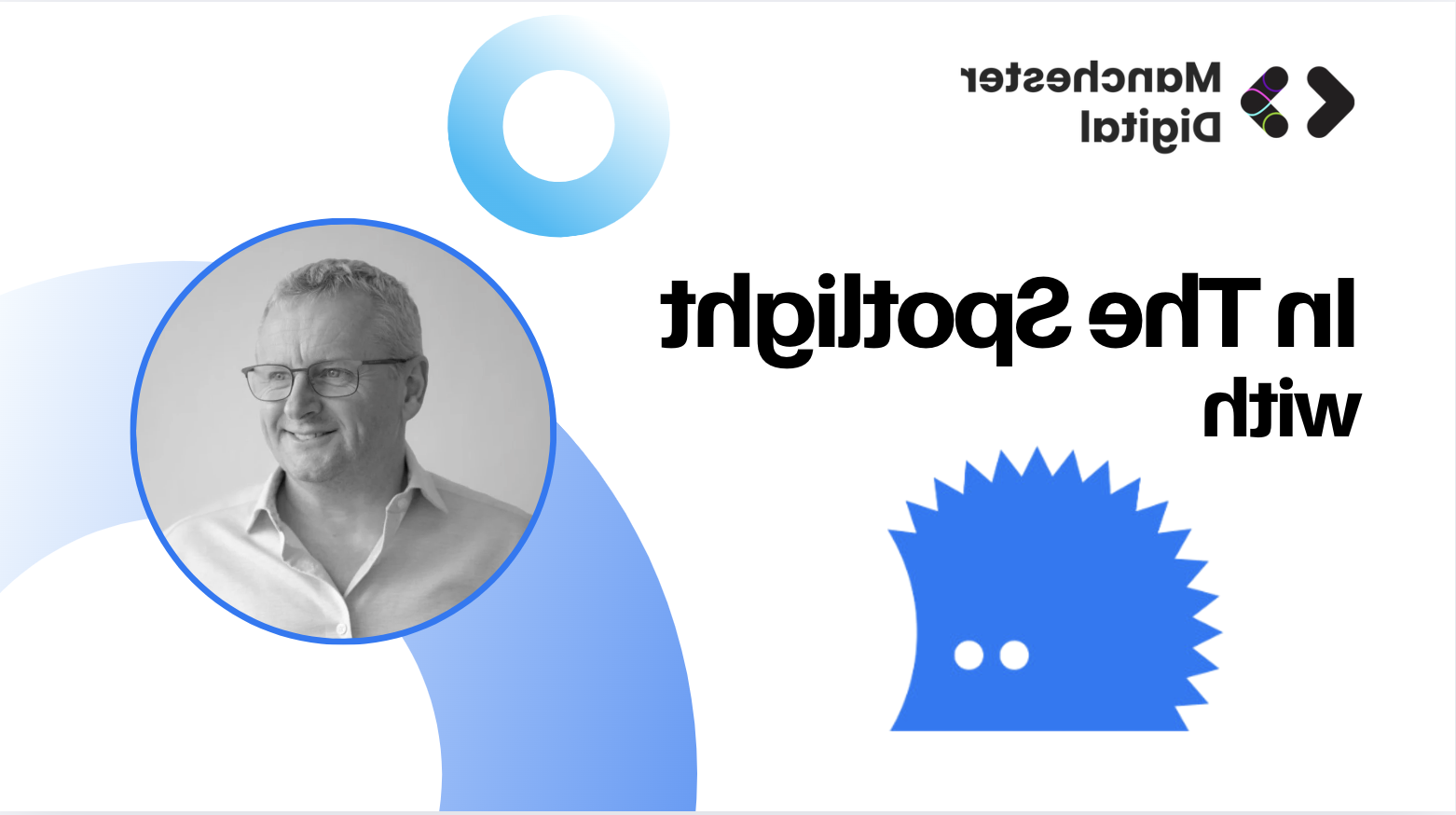Join Prof Jakob Demant as he explores the rise of specialized platforms and online behaviours, driven primarily by young people using multiple platforms to separate their activities, with some parts intentionally hidden even in public spaces. This has led to the creation of distinct spaces for specific content sharing, potentially fostering new opportunities for hidden behaviours and criminal activities.
This event invites participants from all disciplines and backgrounds to come together, fostering interdisciplinary connections and discussions.
Talk title: Crime Refracted?: Online Deviance in the New Platform Ecosystem
Much research on online crime and deviance has concentrated on either open social media or dark web platforms. However, we are witnessing a shift in online social behavior, primarily among young people, that is resulting in the formation of a separate ecosystem in which groups and individuals engage in partly hidden behaviours and activities in otherwise open and public online spaces. This diversification of user needs and preferences has led to the emergence of a host of new bespoke platforms, which, in turn, has resulted in greater segmentation across specific age groups, ethnicities, and ideological views. Young individuals are thus now simultaneously using multiple platforms for various aspects of their everyday social lives, choosing to keep some pockets of activity more hidden than others. The platforms’ diverse and tailored functionalities cater to specific uses, leading to a compartmentalisation whereby some forms of content are shared in one space, and content of a different nature in another. This process of online spaces becoming segmented, and the communities within becoming refracted and more hidden, creates new opportunities for crime and deviance.
The range of available online environments is both a cause and a symptom of the multiplicity of young people’s digital behavior. Sites differ based on socio-technical composition, and the risks of indirectly creating and promoting a criminogenic environment vary according to their affordances and structure, prompting actors to use different platforms to perform various parts of crime scripts.
The talk will take the onset in two of Demant’s running research projects on respectively: Hateful online youth sociality. A digital study of how extreme textual and visual online content is produced and shared. (ExOC) and Pathways in and out of hybrid digital youth crime (HUK). Both projects form the empirical bases of the presentation.
Biography: Jakob Demant, PhD, is Professor at the Department of Sociology at the University of Copenhagen. His research focuses on online and digital deviance, explored through the lenses of criminology, microsociology, and digital sociology. He has developed considerable expertise in digital methods, including creating the qualitative research tool Manuscrape.org for netnography and innovative protocols for studying digital deviance and encrypted crimes on social media and darknet markets. Demant has authored over 50 journal articles on crime, alcohol, drugs, and darknet markets, published in journals such as Theoretical Criminology, Symbolic Interaction, Deviant Behavior, and the British Journal of Criminology.
In addition to his problem-based work, he has contributed to sociological methods, focusing on focus groups, open science, ethics, and intervention research. Demant leads the Microsociology of Online Deviance (MOD) lab, which conducts ethnographic research and interviews with hard-to-reach participants in illicit and deviant environments both online and offline. He currently runs both basic and applied science projects funded by public and private sources.
Photography will take place at this event. If you do not wish to be photographed, please speak to an event organiser upon event registration.
Connect with the Centre for Digital Trust and Society
The Centre for Digital Trust and Society organises the DTS Guest Seminar Series and is a focal point for research across the University of Manchester that explores aspects of trust and security in our digital world. The Centre is part of Digital Futures, a highly interdisciplinary network which operates across the whole range of the University of Manchester's digital research.
About Digital Futures:
Digital Futures is a highly interdisciplinary network that operates across the whole range of the University’s digital research. We aim to present a coherent overview of The University of Manchester's digital research activity to external stakeholders and bring together research communities to explore new research areas and address strategic opportunities.
Connect with us:
Linkedin: linkedin.com/showcase/digital-futures-at-the-university-of-manchester
Website: digitalfutures.manchester.ac.uk
Newsletter: tinyurl.com/digitalfuturesuom








